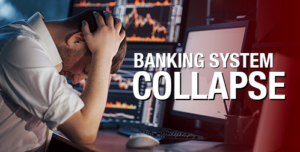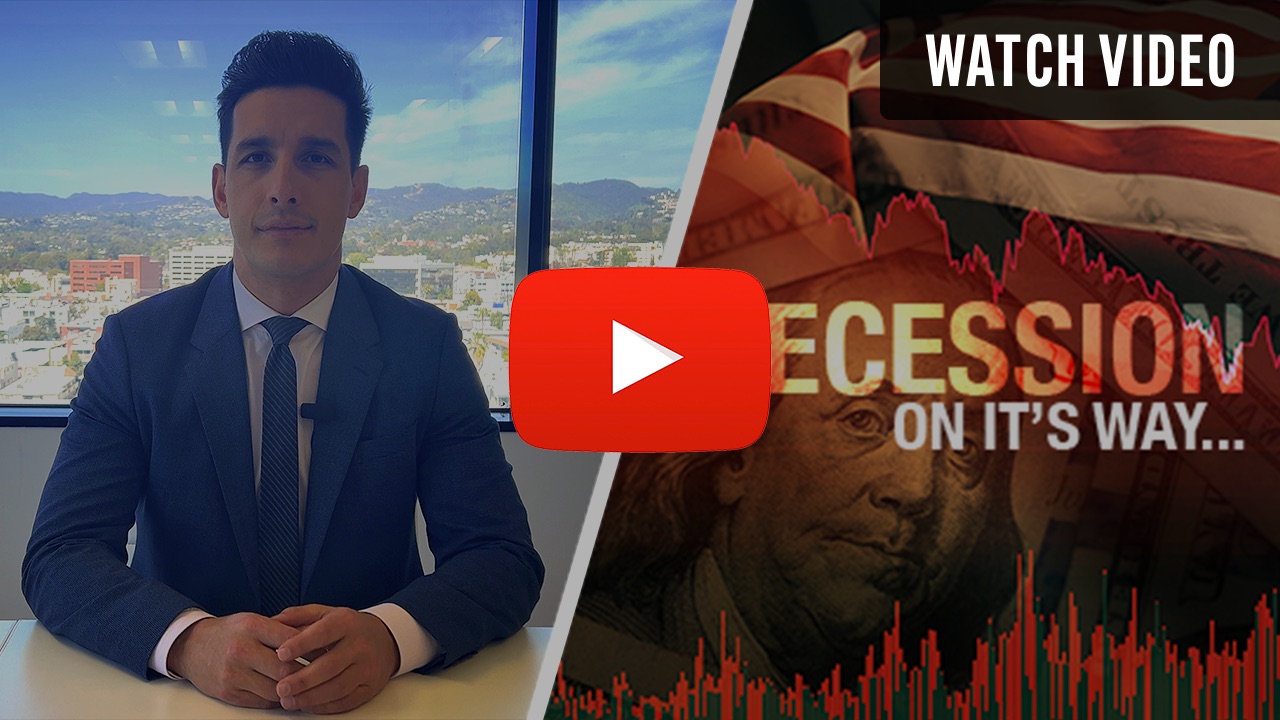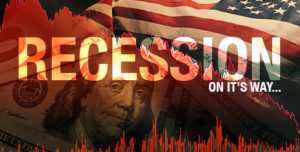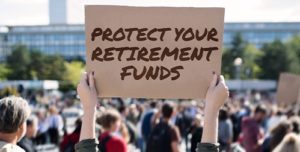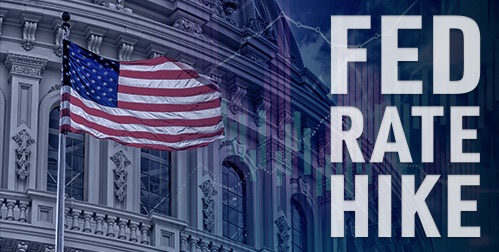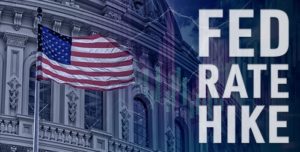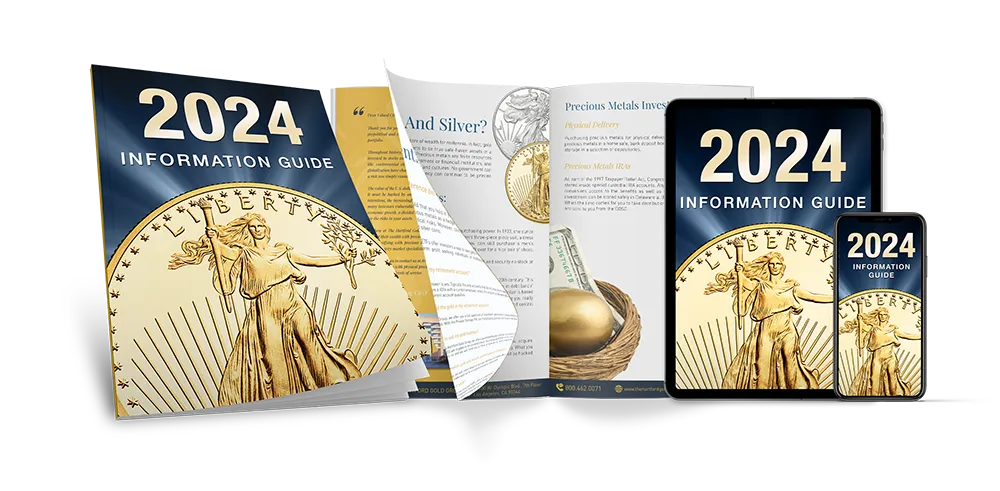- The Federal Reserve’s monetary policy is blamed for inflation, recession, and bank failures
- States are legislating gold as currency to undermine the Fed’s monopoly on money
- Gold stands to gain in value as more states adopt it as legal tender
States Look to Gold as Currency
From causing inflation, to crashing banks and forcing a recession, the Fed’s monetary policy is leading some states to turn to gold. Following in the footsteps of several other states, an Arkansas bill is proposing to make gold and silver legal tender. This would mean that Arkansans could use gold or silver coins as money instead of just as investment vehicles. State adoption of gold as a currency could have a widespread impact on the US economy.
The Arkansas bill is rooted in Article 1, Section 10 of the U.S Constitution. It states that “No State shall make any Thing but gold and silver Coin a Tender in Payment of Debts.” Advocates say this article allows states to coin their own currency from precious metals. The Arkansas bill would also repeal the state capital gains tax on gold and silver. This would reduce the transaction costs of using them as money. If the bill passes, the people of Arkansas could use gold and silver in everyday transactions.
In 2021, Arkansas repealed the sales tax on gold and silver, which set the foundation for this bill. Repealing those taxes was a step toward treating gold and silver as money instead of commodities. Arkansas is not alone. Utah, Wyoming, and Oklahoma have already passed similar bills. And eight other states currently have legislation pending. 1
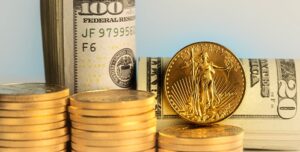
A Counterbalance to the Federal Reserve
These bills aim to introduce competition into the monetary system and nullify the Federal Reserve’s monopoly on money. The Federal Reserve creates a monopoly based on its fiat currency. It can easily create money out of thin air without the backing of gold or silver. This devalues purchasing power over time. It also allows the federal government to borrow and spend far beyond what would be possible in a sound money system. Proponents are aiming for all 50 states to accept gold as currency. They believe the Fed would be nullified if that happens. As a result, deficit spending would stop, and individual financial freedom would increase.
Former US Representative Ron Paul said, “We ought not to tax money – and that’s a good idea. It makes no sense to tax money. Paper is not money, it’s fraud.”2 Americans are losing faith in the Fed as its policies are inflicting pain on every aspect of daily life. Voters are reaching a tipping point. They are feeling empowered to throw off the Federal Reserve. If that happens, the price of gold will most likely skyrocket. Demand for gold will dramatically increase. And soaring interest rates will no longer hold the price of gold down. Until gold becomes currency, investors can still reap the benefits of owning precious metals. A Gold IRA from American Hartford Gold can protect retirement funds from Fed-created threats like inflation, recession, and bank failures. Contact us today at 800-462-0071.







